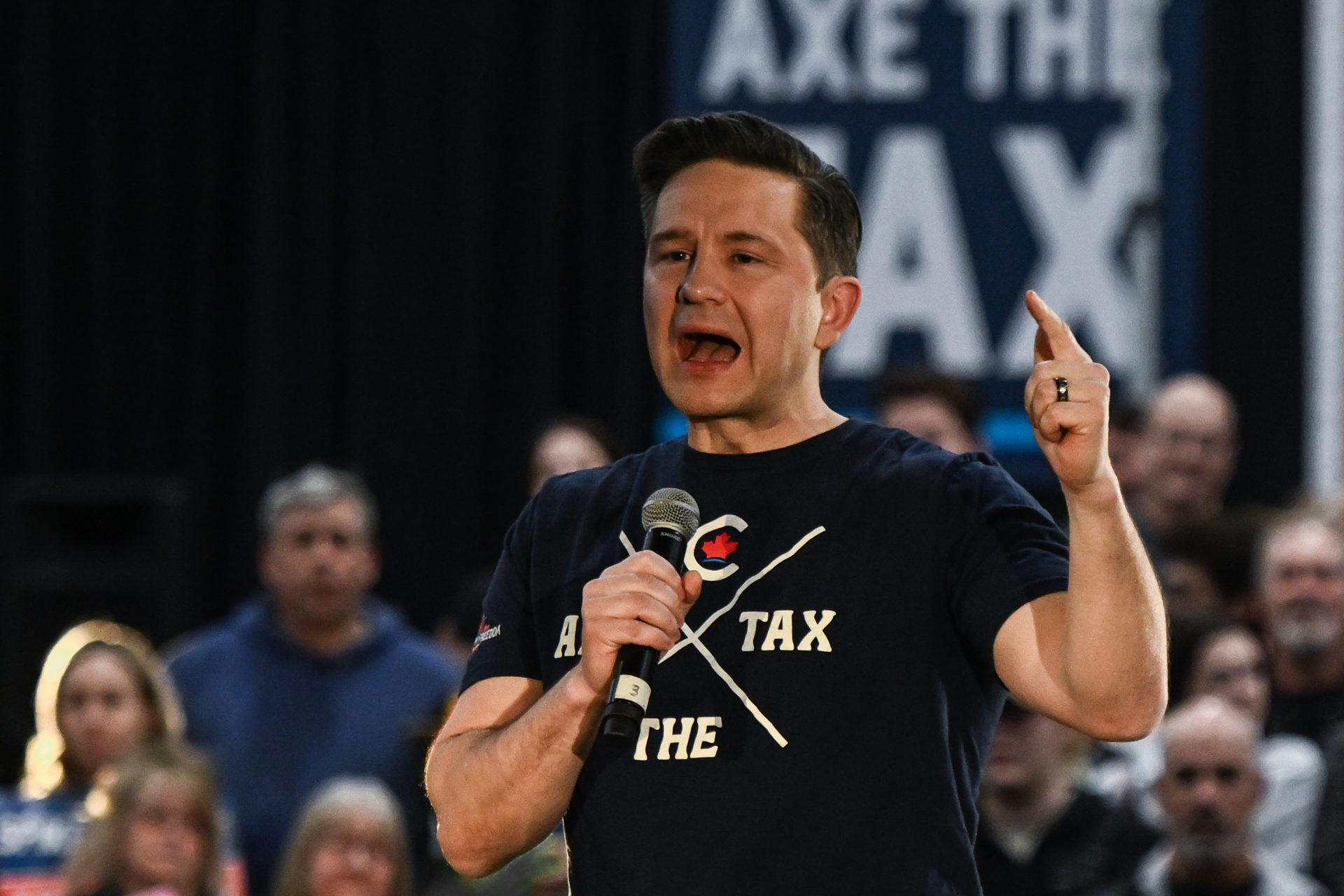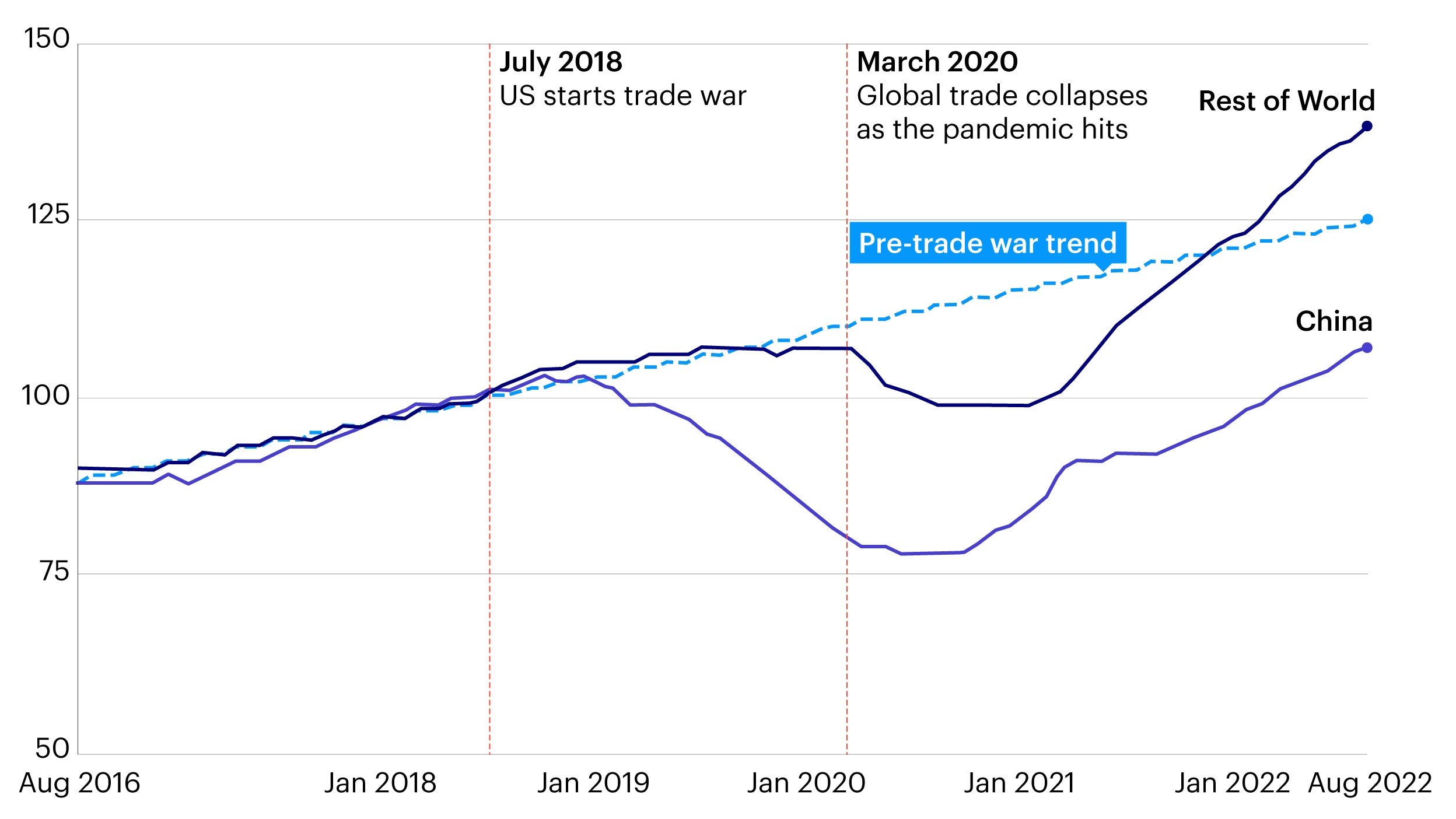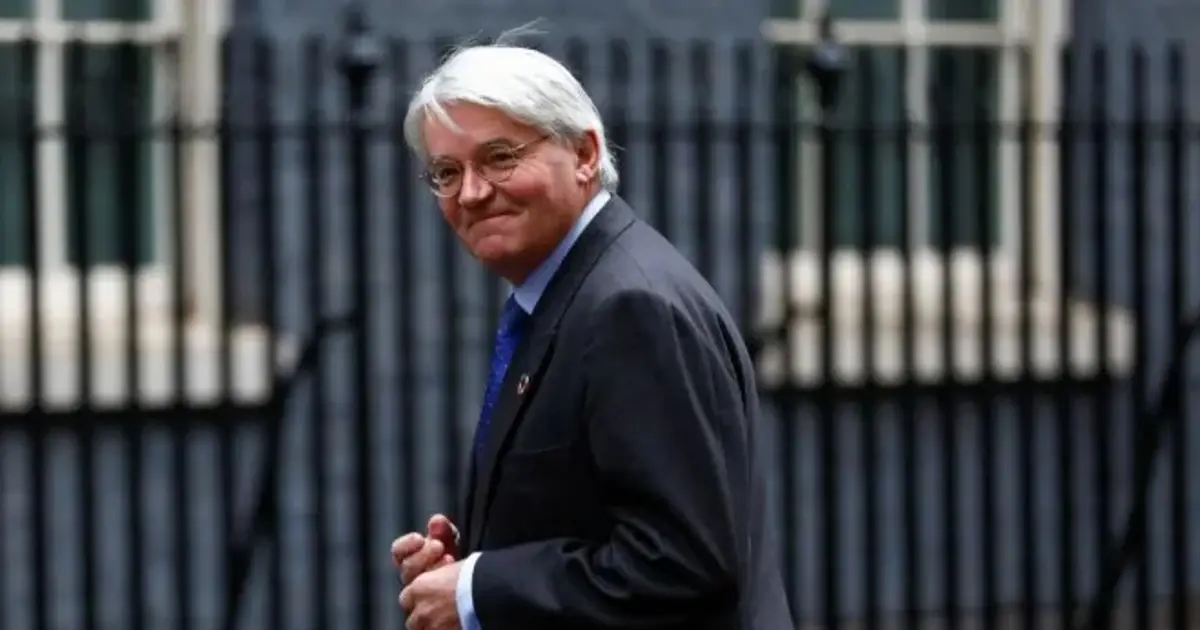Canada's Conservatives Face Uncertainty After Poilievre's Loss

Table of Contents
Analyzing the Causes of Poilievre's Setbacks
Poilievre's recent failures can be attributed to a confluence of factors, including his policy positions, leadership style, and internal party dynamics. Understanding these elements is crucial to assessing the Conservative Party's path forward.
Policy Positions and Public Perception
Poilievre's policy stances, while resonating with a segment of the Conservative base, failed to connect with a broader swathe of the Canadian electorate.
- Controversial Policies: His proposals on topics such as economic deregulation and reducing the size of government were seen by many as extreme and out of touch with the concerns of average Canadians.
- Public Reaction: Public opinion polls consistently showed low approval ratings for these policies, suggesting a disconnect between Poilievre's vision and the priorities of the Canadian public.
- Media Coverage: The media often framed Poilievre's policies in a negative light, further contributing to a negative public perception. This resulted in limited support from key demographics that the Conservatives need to win elections. Keywords: Poilievre's policies, public opinion, Conservative platform, electoral strategy.
Leadership Style and Communication
Poilievre's leadership style, often characterized as confrontational and populist, may have alienated potential voters.
- Communication Strategies: His reliance on social media and direct engagement with his base, while effective in mobilizing supporters, failed to broaden his appeal to undecided or swing voters.
- Strengths and Weaknesses: While his passionate speeches resonated with some, they alienated others who perceived him as aggressive and uncompromising. This hindered his ability to build bridges with different segments of the population.
- Comparisons with Previous Leaders: Compared to more centrist leaders in the party's past, Poilievre's approach lacked the inclusivity that is often vital for broader electoral success. Keywords: Poilievre's leadership, Conservative party leadership, political communication, public image.
The Role of Internal Party Divisions
Internal divisions within the Conservative Party undoubtedly played a role in Poilievre's setbacks.
- Internal Disagreements: Disagreements over strategy and policy hampered the party's ability to present a united front. This infighting created an impression of disarray and instability.
- Differing Opinions on Strategy: Different factions within the party advocated for contrasting approaches, hindering effective campaign coordination and messaging.
- Impact on Party Unity: The lack of internal cohesion undermined the party's credibility and its ability to effectively communicate its message to the Canadian public. Keywords: Conservative party divisions, internal party politics, Conservative infighting, party unity.
The Implications for the Conservative Party's Future
Poilievre's losses have profound implications for the Conservative Party's future, necessitating significant adjustments to their strategy and approach.
Rebuilding the Party Base
Regaining public trust and rebuilding the party base will require a multifaceted approach.
- Potential Policy Shifts: The party may need to moderate some of its more controversial policy positions to broaden its appeal. This could involve a shift towards a more centrist platform.
- Reaching Out to Different Demographics: The Conservatives need to develop strategies to connect with voters beyond their traditional base, including younger voters, urban voters, and minority groups.
- Internal Party Reforms: Addressing internal divisions and fostering greater unity within the party is crucial for long-term success. Keywords: Conservative party strategy, rebuilding the Conservatives, regaining voter trust, political outreach.
Challenges to the Next Election
The next federal election presents significant challenges for the Conservatives.
- Shifting Political Landscape: The political landscape is dynamic, and the party must adapt to evolving public concerns and priorities.
- Maintaining Party Unity: Internal harmony and a consistent message are vital to overcome the negative perceptions created by recent events.
- Overcoming Negative Perceptions: The party needs to develop strategies to counteract negative perceptions associated with Poilievre's leadership and policy stances. Keywords: Next federal election, Conservative election strategy, election challenges, political landscape.
Potential Leadership Changes
The possibility of leadership changes within the Conservative Party cannot be ruled out.
- Potential Successors: Several potential successors have been discussed. Their strengths and weaknesses will be closely scrutinized.
- Internal Power Dynamics: The internal power dynamics within the party will significantly influence the outcome of any potential leadership race.
- Impact of Leadership Change: A leadership change could either revitalize or further destabilize the party, depending on the chosen successor and their ability to unite the party and appeal to the broader electorate. Keywords: Conservative leadership race, future Conservative leader, party leadership change, party unity.
Conclusion
This article explored the implications of Poilievre's losses for the Conservative Party, highlighting the challenges they face in regaining public trust and preparing for the next election. The analysis revealed the need for a comprehensive review of policies, communication strategies, and internal party dynamics. The future direction of the Conservative Party hinges on its ability to address these challenges effectively.
Call to Action: Understanding the factors contributing to Poilievre's losses is crucial for analyzing the future of the Conservative Party. Continued observation of the party's evolution and response to these setbacks is essential for understanding the shifting political landscape in Canada. Keep following updates on the impact of Poilievre's loss and the subsequent developments within the Conservative party. The ongoing fallout from Poilievre's setbacks will continue to shape Canadian politics for years to come.

Featured Posts
-
 Top 5 Cruise Lines For Families In 2024
May 01, 2025
Top 5 Cruise Lines For Families In 2024
May 01, 2025 -
 Quick And Easy Shrimp Ramen Stir Fry
May 01, 2025
Quick And Easy Shrimp Ramen Stir Fry
May 01, 2025 -
 Dragon Den Unexpected Twist As Entrepreneur Snubs Offers Takes Gamble
May 01, 2025
Dragon Den Unexpected Twist As Entrepreneur Snubs Offers Takes Gamble
May 01, 2025 -
 Nvidias Exposure Assessing Risks Beyond The China Trade War
May 01, 2025
Nvidias Exposure Assessing Risks Beyond The China Trade War
May 01, 2025 -
 Brtanwy Wzyr Aezm Kw Kshmyr Ke Msyle Pr Dstawyz Pysh Ky Gyy
May 01, 2025
Brtanwy Wzyr Aezm Kw Kshmyr Ke Msyle Pr Dstawyz Pysh Ky Gyy
May 01, 2025
